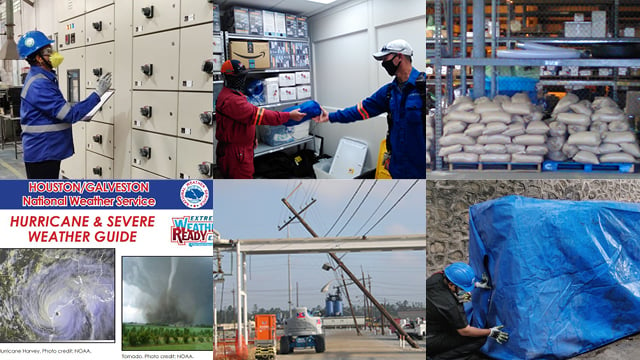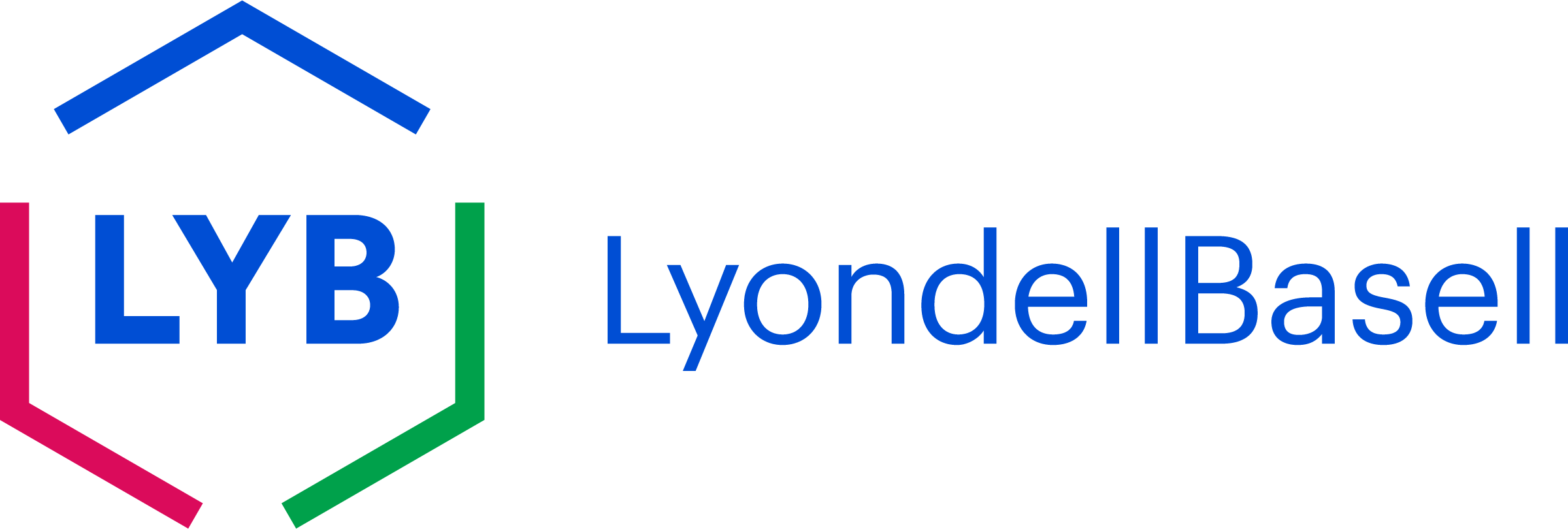The start of hurricane season is a reminder that our families, businesses and communities need to be ready for the next big storm. Preparedness plans make the ultimate difference for each of our sites by defining how to prepare, operate and recover in the event of severe weather, including a tropical storm or hurricane. These plans ultimately are in place to help minimize damage to the plant while maximizing employee safety.
Preparing for severe weather in today’s environment poses plenty of challenges due to COVID-19. A significant obstacle is having to conduct planning meetings virtually instead of face-to-face. This proves to be a challenge because personal interaction serves to encourage and generate productive energy that is not easily created in a virtual setting. Another challenge faced is maintaining proper social distancing among ride-out crews, a small group of employees that remain on-site to ensure plant and asset safety during a hurricane. Additionally, to protect our working teams during severe weather, sites have to consider any possible medical needs and maintain enough food supplies which call for a different approach amid this pandemic.
“When living and working along the U.S. Gulf Coast, it is important to have a well thought-out hurricane preparation plan, and now with COVID-19, we have to factor in things that previously didn’t present an issue,” said Greg Gray, site manager, LyondellBasell Lake Charles plant. “A significant part of our plan is ensuring adequate food supply for our ride-out crews. In the past, sharable food items like jars of peanut butter were acceptable, but COVID-19 has changed that. It’s those sorts of nuances that we have to keep in mind present day.”
Each of LyondellBasell’s manufacturing sites follow a set of standard preparation procedures for mitigating risks that come with severe weather. These procedures are implemented days before the change in weather is expected to occur. Early preparation is key and includes tasks like inspecting areas around the plant, repairing and testing emergency equipment, inventorying supplies, monitoring storm activity, surveying all areas of the facility for items that need protection from a storm and securing portable buildings, trailers, and other large items. A few of our sites have their own touches on hurricane preparedness and some have even had to implement their plans recently.
INDIA
At the end of May, our facilities in India were faced with the largest cyclonic storm to hit the country in decades. As soon as our facilities received the first notification that the cyclone was headed their way, they started to track the weather and prepare to face the storm with the safety of employees as their number one priority.
Prior to the cyclone, the Site Emergency Response Team ensured the Emergency Response Plan was in place, established continuous communication with the team before and during the storm, and reminded employees to prepare their homes and families. During the weather event, the team conducted 100% accountability checks with each and every employee and communicated to the global team for three consecutive days in case any back-up support was needed.
LAKE CHARLES
LyondellBasell’s Lake Charles site had to prepare early this hurricane season as Tropical Storm Cristobal headed towards Louisiana on June 7 right at the start of the season. With COVID-19 still a threat, this year site preparations looked different than usual, but the facility adapted and embraced technology to the fullest as their Emergency Operations Center (EOC) went virtual.
The EOC is a pre-established meeting area where select emergency operations personnel meet when an emergency occurs. This area contains the necessary information and tools to manage and monitor any event.
“We have a very detailed EOC that is now virtual, which was driven by the pandemic,” said Garrett Alexander, health, safety and environment manager, LyondellBasell Lake Charles plant. “We are now prepared to handle any emergency at the site remotely.”
The remote EOC allows personnel to contribute to preparations while remaining away from the facility and practicing proper COVID-19 safety measures. Additionally, the virtual EOC utilizes private communication channels in Microsoft Teams and an e-notify system to alert team members to the need of an EOC in support of an incident or emergency.
HOUSTON REFINERY
Part of the hurricane preparedness at the Houston Refinery each year includes mailing out hurricane brochures with a letter from the plant manager, Greg Nevermann, to approximately 100 homes in a small Pasadena neighborhood near the plant’s fence line. For 15 consecutive years, the refinery has mailed out these brochures the first week in June. The brochure and letter lets neighbors know the refinery has hurricane preparedness plans, and reminds community members that they too, need plans in place for staying safe during hurricane season.
This pandemic has permanently changed the world as it continues to unfold. As one team, LyondellBasell has found ways – sometimes creative in nature – to remain agile and adjust. The 2020 storm season is expected be above normal and more active that last year’s. As sites continue to revise and implement severe weather plans with COVID-19 in mind, the priority is to do what’s best for the safety of our employees and the community.
To learn more about LyondellBasell’s response to severe weather around the world, visit www.lybresponse.com for continuous updates.


